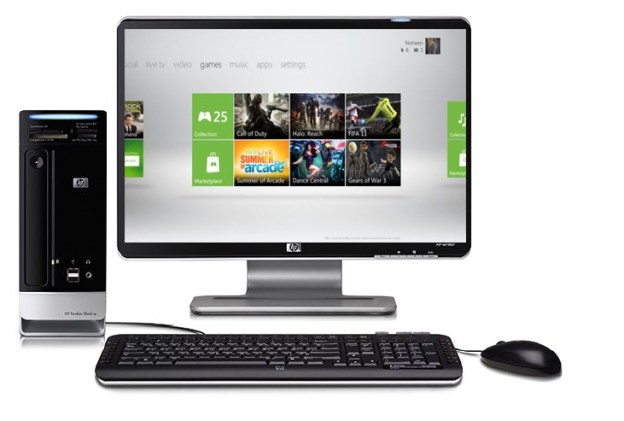
Windows 8 isn’t even out yet and talk is already spinning off in the direction of Windows 9, which apparently won’t be called that. The next next-gen operating system will reportedly be built to function across all of Microsoft‘s platforms, including PCs, tablets, phones and, notably, whatever the next Xbox turns out to be, This Is Next reports via an unnamed source.
The next OS will supposedly launch sometime in the next four years, which lines up with the expected 2014-or-later arrival of the next-generation Xbox. The move would also vibe with comments made at Microsoft’s Worldwide Partner Conference earlier this week, where Windows Phone division president Andy Lees said that the company is looking to create “a single ecosystem” for its products. The aim, as he put it, is to provide “coherence and consistency [between platforms]… particularly with Xbox.”
Perhaps even more notable is word from those same sources that Microsoft is weighing the value of losing the “Windows” brand name when this “single ecosystem” operating platform launches. Obviously none of this information should be taken as definite or even accurate, but it would undeniably be a logical next step to take. Plans are already in place for the Xbox 360 to play nice with Windows 8. Moving onto the next version of both OS and console, it’s reasonable to speculate even now that the level of integration will only increase.
The possible brand switch is far more interesting from an industry perspective. The “Windows” name has been around since 1985. 2015 makes 30 years then, which is a nice round number to put the brand to rest on.


